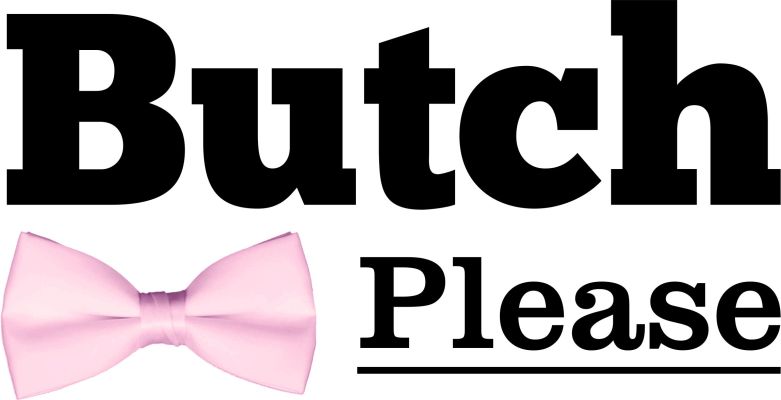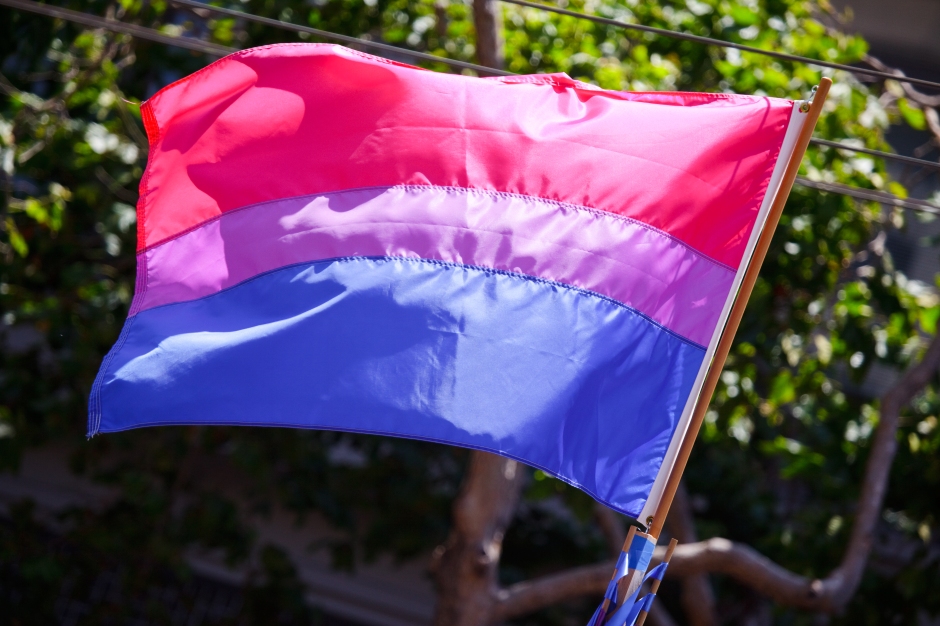We all have a story like this.
When I was 24, I worked at a research company downtown. It wasn’t the most fulfilling of jobs (still waiting for that!) but it paid the bills. Prior to taking this job, I had spent a year working at Scotia Place, a shiny, impressive-looking building that had its own LRT station. This little transit perk had made commuting a treat for my directionally-challenged self.
I had been at my new job for about a week, and as such, I didn’t yet have a feel for my coworkers. Since I wasn’t comfortable spending my lunch break with strangers, I had made a habit of going out. So far, I had spent the week’s noon hours wandering aimlessly around the city, keeping an eye on my watch.
On one particular day, I had made plans to meet my old work crew for lunch. Scotia Place was several blocks away from my new job, so I decided to take the LRT. The ride would be short (only a couple of stations) and direct. Minimal room for error.
I descended the concrete steps and made my way to the middle of the platform. There were lots of people around (though not quite as many as I’d seen during morning and afternoon rush hours). I determined which side of the platform my train would be on, and I turned to face that direction. The schedule indicated that I only had a few minutes to wait, so I didn’t bother sitting down.
A minute or two later, a man came up to me. He appeared to be in his thirties; not much taller than I was, nor much bigger. He was standing a bit too close for comfort; a fact I was just starting to register when he began speaking.
“Hello,” he said. Continue reading “The Travel Companion”












